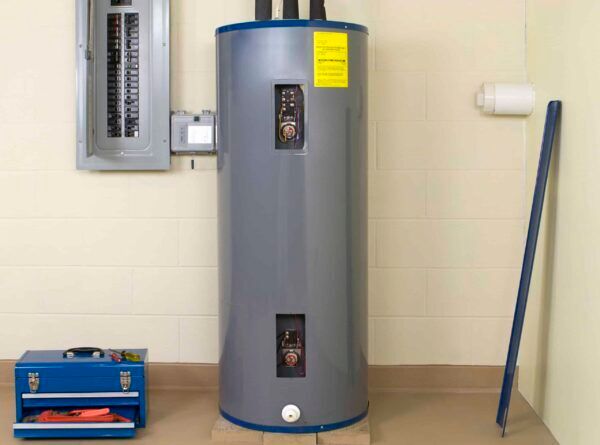Selecting the right water heater is a crucial decision that can significantly impact your household's comfort and energy efficiency. With various types and models available, it's important to consider your specific needs and preferences. In this guide, we'll walk you through the key factors to consider when choosing a water heater for your home.
1. Types of Water Heaters
a. Tank Water Heaters. Tank water heaters store and heat a specific amount of water in a tank. They are available in various sizes and are a good choice for households with consistent hot water demands.
b. Tankless Water Heaters. Tankless, or on-demand, water heaters heat water as it flows through the unit, providing a continuous supply of hot water. They are energy-efficient and ideal for homes with limited space or varying hot water needs.
c. Heat Pump Water Heaters. Heat pump water heaters use electricity to move heat from the air or ground to heat water. They are highly energy-efficient and work well in moderate climates.
d. Solar Water Heaters. Solar water heaters harness energy from the sun to heat water. They are environmentally-friendly and can provide substantial energy savings over time.
2. Size and Capacity
Consider the size of your household and your typical hot water usage patterns. A larger family with high demand for hot water may require a larger tank or a higher capacity tankless unit.
3. Energy Efficiency
Look for water heaters with high energy efficiency ratings. Energy-efficient models can help reduce utility bills and have a lower environmental impact.
4. Fuel Type
The available fuel sources in your area can influence your choice. Common options include electricity, natural gas, propane, and solar power.
5. Cost and Budget
Factor in both the upfront cost of the water heater and its long-term operational costs. While high-efficiency models may have a higher initial investment, they often result in savings over time.
6. Installation and Space Requirements
Consider the space available for the water heater and whether your home is equipped to support the chosen type. For instance, tankless units require less space and can be mounted on a wall.
7. Warranty and Maintenance
Review the manufacturer's warranty and inquire about recommended maintenance practices. Proper care can extend the lifespan of your water heater.
8. Consult a Professional
When in doubt, consult a licensed plumber or HVAC technician. They can assess your specific needs, recommend suitable models, and ensure proper installation.
Remember, choosing the right water heater is an investment in your home's comfort and efficiency. Take the time to evaluate your options and consult with professionals for expert advice. By making an informed decision, you'll enjoy reliable hot water for years to come while maximizing energy savings.

